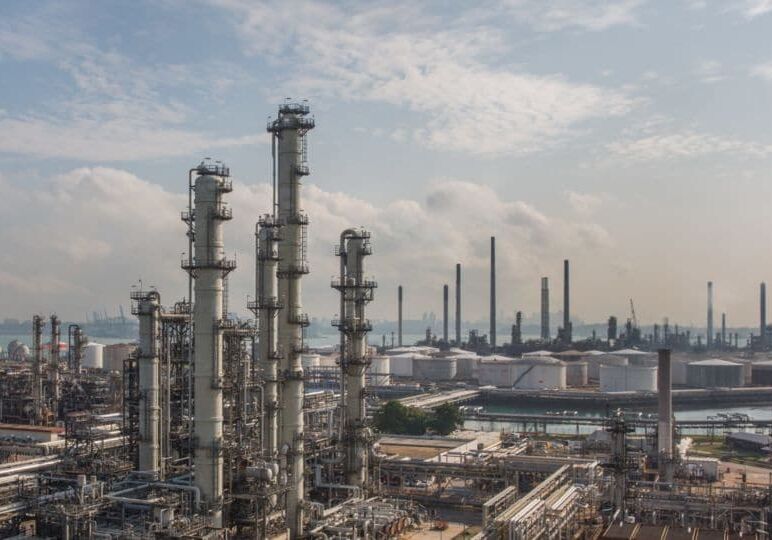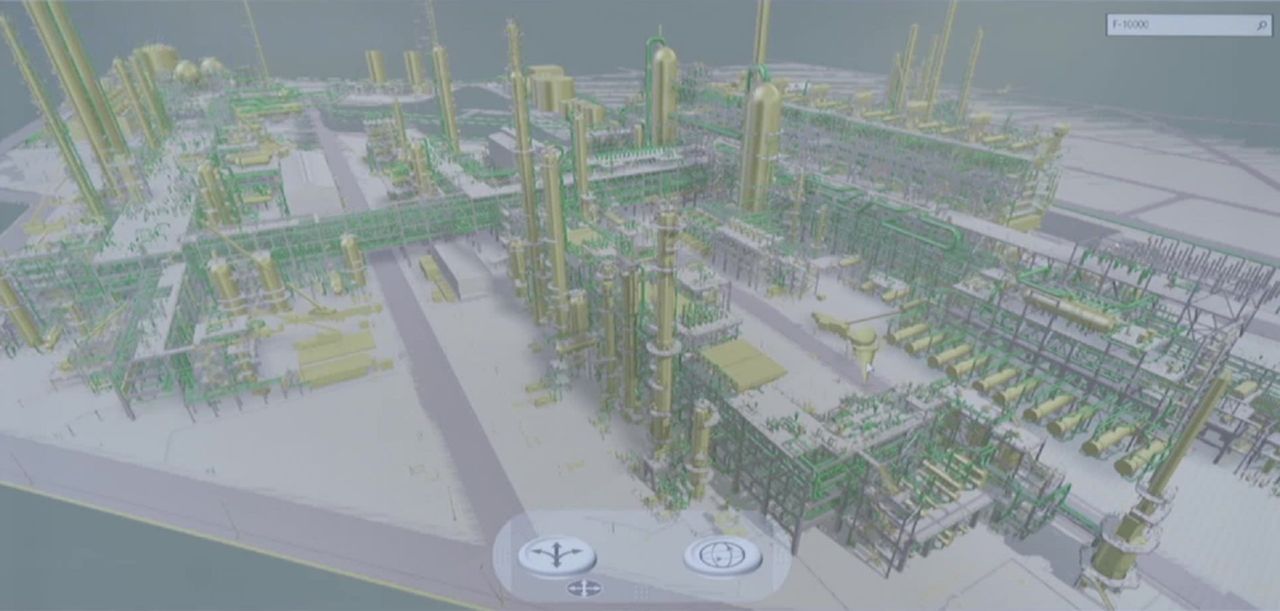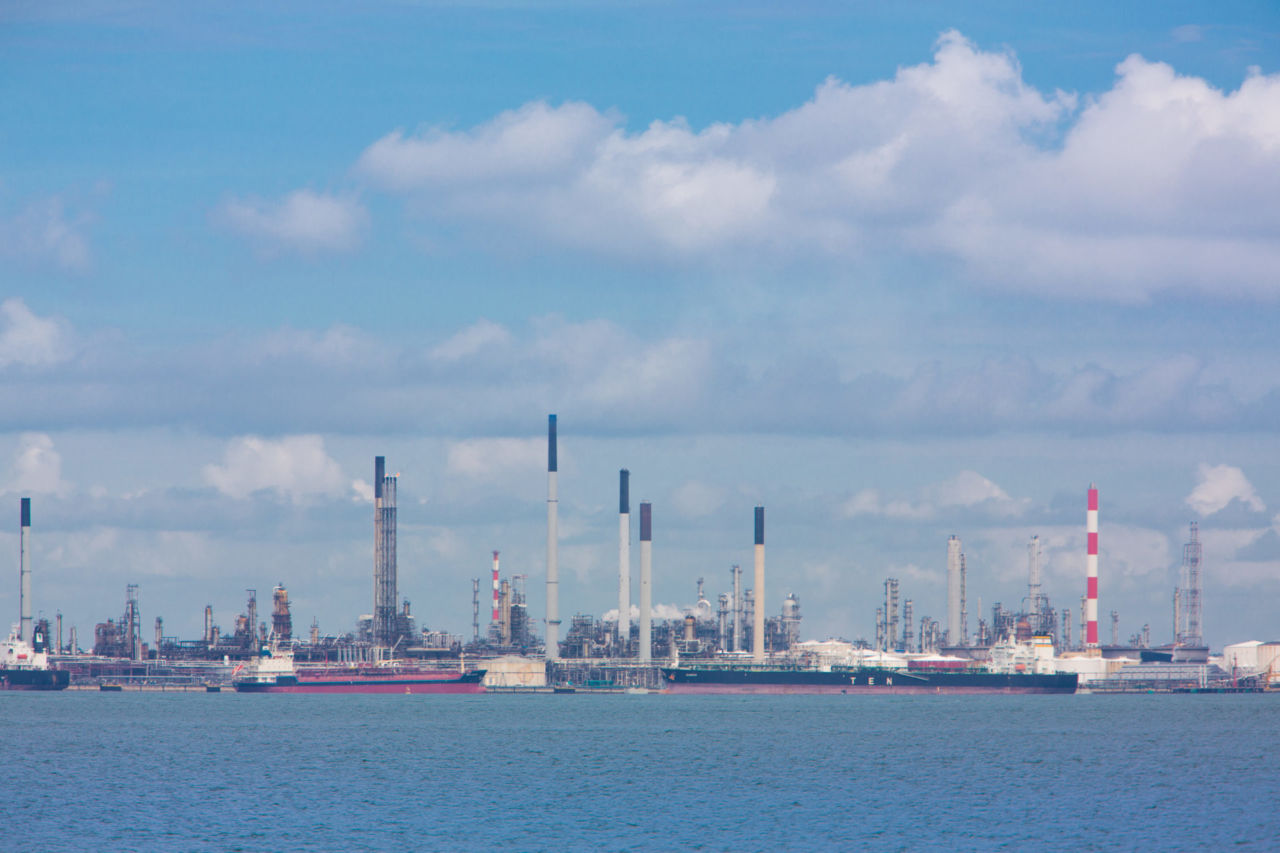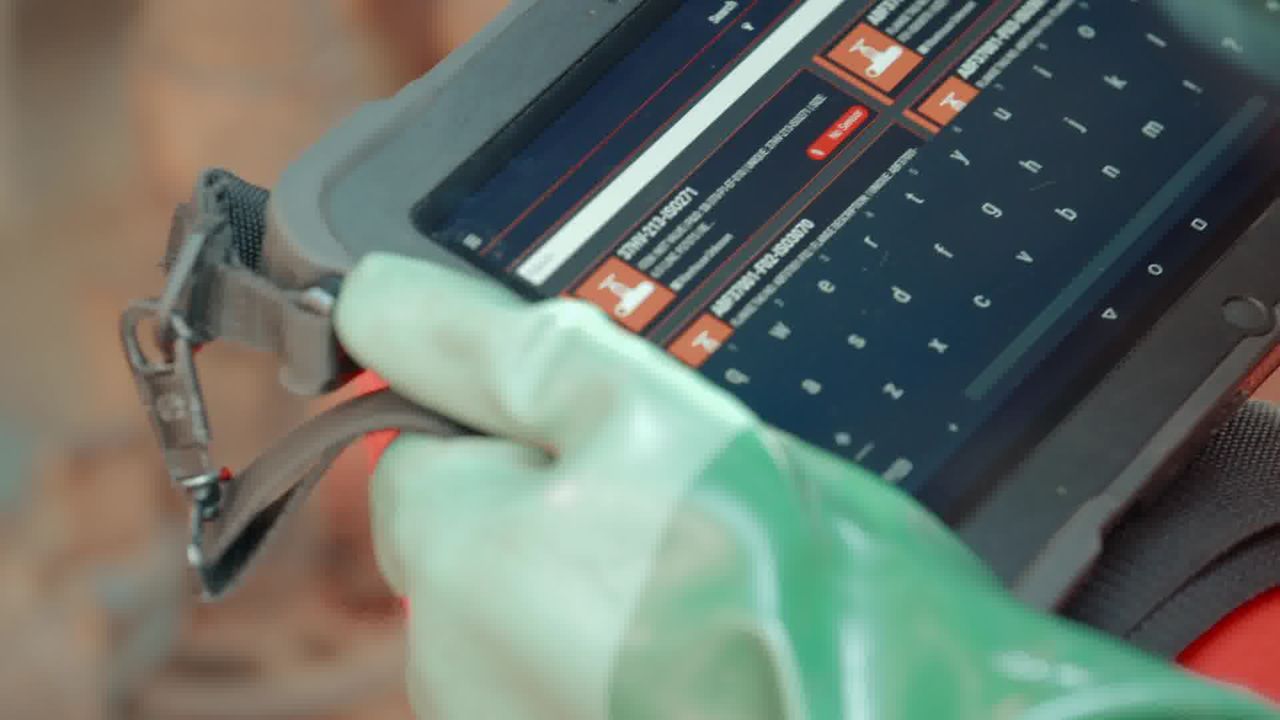Shell pioneers new virtual manufacturing technology

Shell’s Pulau Bukom manufacturing site, and the home of Singapore’s first refinery, recently piloted the “Digital Twin”, technology that will help to digitise their manufacturing site and refining complex at Pulau Bukom.
Upon achieving full completion in 2024, the Digital Twin will be a complete virtual representation of the physical elements on site and be able to respond dynamically to conditions based on data from over 20 different technology platforms.

The power of the Digital Twin lies in its visual, data and analytics capabilities. When fully implemented, the manufacturing site will be safer, more competitive and innovative, delivering new levels of efficiency, safety standards and plant intelligence. Live information of the plant operations can be provided to engineers via augmented reality (AR) and virtual reality (VR), reducing the need to step into the plant.
When troubleshooting an issue, various options can be tested in real-time on the virtual platform, before deciding on a solution. This improves operational efficiency, preventing downtime, reducing maintenance costs and allows effective real time collaboration between experts and operators. By 2025, all critical field operations at Pulau Bukom will be performed through tablets.
“We are committed to making our Singapore sites on Bukom and Jurong Island globally competitive by combining human capabilities with advanced digitalisation technologies, to truly transform the ways we work. The launch of the Digital Twin technology is a strong testimony of how we are implementing potentially ground-breaking solutions in a traditional environment to improve productivity and efficiency safely,” said Hugues Bourgogne, Vice President Manufacturing Singapore/Philippines and General Manager of Pulau Bukom Manufacturing site.

Pulau Bukom’s position as an integrated oil and petrochemicals hub in Asia Pacific, strong track record in piloting path breaking digitalisation projects and its long history, were reasons why it was selected to pioneer the Digital Twin. Large amounts of data from the 59-year-old site will be mapped into the Digital Twin’s processor for stronger machine-learning. A full rollout across the island is expected in four years, as the workforce capabilities and digital assets mature. This is expected to result in approximately 25% improvements in productivity, reliability and safety.

The site is also grooming a strong pool of technical talent to support this digital transformation. Since late 2019, about 140 employees from various teams on the Bukom manufacturing site have participated in hackathons and digital bootcamps, under various programmes to add digital capabilities and competence to the site. In the next two years, all employees at the Bukom manufacturing site, including management, engineers and technicians, will be trained and equipped to operate the asset of the future. The site is committed to investing over 6,000 training hours annually from 2021, on this digital drive.
“Shell Bukom’s digitalisation plans, anchored by the Digital Twin, is a shakeup of the plant. With the setup of a virtual plant through the Digital Twin, and by equipping staff on site with a tablet, we are creating a new culture of allowing work to be done remotely with the provision of complex data at their fingertips. This is an exciting time as we are not just building digital assets, but also a new digital culture. We are telling our staff to pursue their interest of coding applications to make their jobs easier, to think about becoming data scientists or software engineers, all while working in a manufacturing plant with our playground of data,” said Narayanan Valayaputtur, Projects and Engineering Manager.
This move is aligned with the Singapore government’s focus on Industry 4.0, a trend of automation and data exchange in manufacturing technologies which will see automation powered by data to perform everyday tasks.
“We are encouraged that Shell has taken this bold step of piloting the “Digital Twin” solution in Singapore, setting a strong example of how the Energy and Chemicals sector can adopt technology to move towards Industry 4.0 standards,” said Damian Chan, Executive Vice President, EDB. “Shell’s holistic approach of investing in digital processes, technologies and training to support the workforce is timely, especially with the acceleration of digitalisation in established industries today, and will help advance Singapore’s push for digital transformation across sectors.”